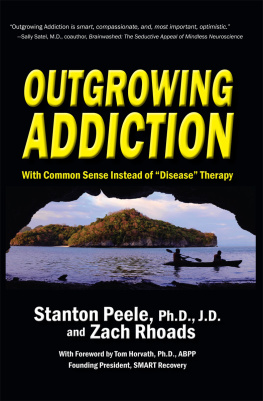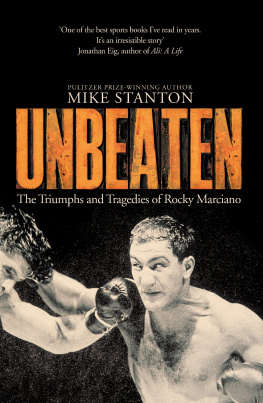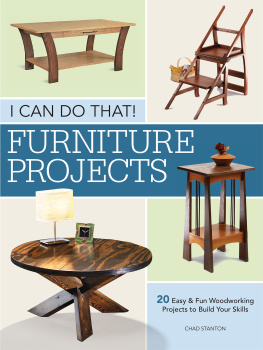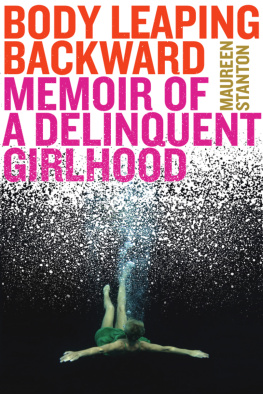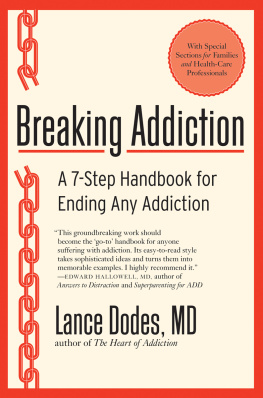Stanton Peele - 7 Tools to Beat Addiction
Here you can read online Stanton Peele - 7 Tools to Beat Addiction full text of the book (entire story) in english for free. Download pdf and epub, get meaning, cover and reviews about this ebook. year: 2004, publisher: Three Rivers Press, genre: Politics. Description of the work, (preface) as well as reviews are available. Best literature library LitArk.com created for fans of good reading and offers a wide selection of genres:
Romance novel
Science fiction
Adventure
Detective
Science
History
Home and family
Prose
Art
Politics
Computer
Non-fiction
Religion
Business
Children
Humor
Choose a favorite category and find really read worthwhile books. Enjoy immersion in the world of imagination, feel the emotions of the characters or learn something new for yourself, make an fascinating discovery.

- Book:7 Tools to Beat Addiction
- Author:
- Publisher:Three Rivers Press
- Genre:
- Year:2004
- Rating:3 / 5
- Favourites:Add to favourites
- Your mark:
- 60
- 1
- 2
- 3
- 4
- 5
7 Tools to Beat Addiction: summary, description and annotation
We offer to read an annotation, description, summary or preface (depends on what the author of the book "7 Tools to Beat Addiction" wrote himself). If you haven't found the necessary information about the book — write in the comments, we will try to find it.
7 Tools to Beat Addiction — read online for free the complete book (whole text) full work
Below is the text of the book, divided by pages. System saving the place of the last page read, allows you to conveniently read the book "7 Tools to Beat Addiction" online for free, without having to search again every time where you left off. Put a bookmark, and you can go to the page where you finished reading at any time.
Font size:
Interval:
Bookmark:
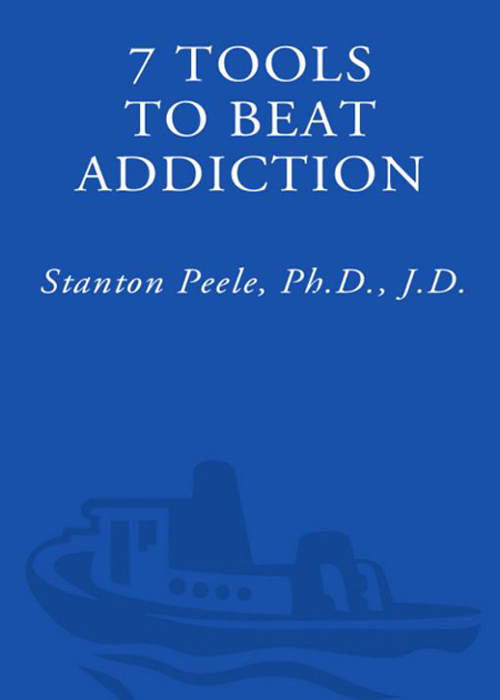
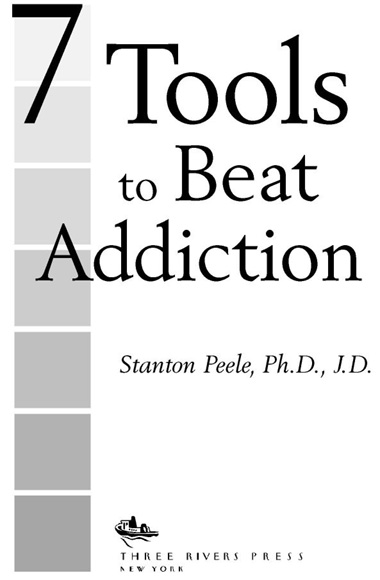
Table of Contents
To my childrenDana, Haley, and Anna Peele who have developed into the strong, nonaddicted people their mother and father wanted them to be.
Praise for 7 TOOLS TO BEAT ADDICTION
In 7 Tools to Beat Addiction, Stanton Peele offers a provocative, take-charge messageone that is consistent with scientific evidencefor how to overcome addictions. Dr. Peeles work has influenced my professional work and changed my personal life for the better.
ANNE M. FLETCHER, M.S., R.D., L.D., author of Sober for Good: New
Solutions for Drinking ProblemsAdvice from Those Who Have Succeeded
Readers of this book will find Dr. Peeles tools resonate with their inner sense of themselves, and his words offer encouragement and optimism unavailable in other approaches. Mental health professionals and the loved ones of addicts can gain a completely new perspective filled with insight, compassion, and genuine understanding.
MITCHELL EARLEYWINE, PH.D., associate professor of psychology,
University of Southern California, and author of Understanding Marijuana
Dr. Peele combines knowledge, compassion, and common sense to create a book that will surely bring hope and help to all people suffering with alcohol and other drug problems.
PATT DENNING, PH.D., coauthor of Over the Influence: The Harm
Reduction Guide for Managing Drugs and Alcohol
Stanton Peeles book, 7 Tools to Beat Addiction, will prove invaluable to people trying to cope with any type of addiction. With an engaging writing style and many examples, Dr. Peele provides the necessary tools to show each reader that... you are the primary agent of change. I strongly recommend the book.
FRED LEAVITT, PH.D., professor of psychology, California State University, Hayward
Dr. Peele illuminates for the newcomer the absurdities of the traditional U.S. recovery approach. This book will be a beacon of common sense, backed by solid science, for those struggling to make sense of their addictions and their lives.
TOM HORVATH, PH.D., A.B.P.P., president, SMART Recovery,
president, Practical Recovery Services, and author of Sex, Drugs,
Gambling & Chocolate: A Workbook for Overcoming Addictions
Acknowledgments
As he has been for decades, Archie Brodsky was my most capable and most assiduous helper. Building on his long familiarity with my ideas and writing, his inputs were critical in the planning, writing, and editing of this book. For all of this, I express my deep gratitude. He also commented on book design issues with the assistance of Vicki Hochstedler, who was likewise an ever-willing and able helper. John and Kathy Ziga, Rich Fromberg, Kathy Treleven, and Alice Rogers-Pearlman provided needed practical and moral support at critical stages in the production of this book. I also thank my three children Dana, Haley, and Anna Peelefor their love and support. And, finally, my colleague at New York Universitys Ehrenkranz School of Social Work, Lala Straussner, who sustained and supported me in my work.
This book had the unusual advantage of profiting from the contributions of three terrifically energetic and skillful editors. Whereas usually the prospect of changing editors in the course of writing a book is an authors nightmare, in this case, almost miraculously, Stephanie Higgs, Mollie Glick, and (last but not least) Caroline Sincerbeaux seamlessly responded with needed help and resources, and each made tremendous contributions to the final product. Caroline in particular never said no when asked for aid. My agent, Nancy Love, was always there with support and assistance throughout the process.
As anyone who writes a book knows, tracking down and identifying information is always a crucial, sometimes maddening, enterprise. Among those who helped me find critical sources were Linda Langscheid at Rutgers Universitys Alexander Library, Penny Page of the Rutgers Center of Alcohol Studies Library, Leigh Hallingby of the Open Society Institute Library, and Jennifer Johnson-Spence and Ed Kirtz of the Drug Policy Alliance Library.
Americas two leading journalists on drug-related matters Maia Szalavitz and Jacob Sullumalso helped me with key references. Jacob was not only terrifically forthcoming with such information; he also graciously read and critiqued several sections of the book. For his always ready assistance, he deserves special thanks. Tom Horvath, president of SMART Recovery, has been another helpful colleague. Christopher Wagner of Virginia Commonwealth University also offered me key insights and ideas, although neither he nor any other helper is responsible for the ideas I express in 7 Tools to BeatAddiction.
S.P.
Introduction
Pobably youve picked up this book because you or someone close to you has a problem with an addiction. Perhaps you (or they) smoke, drink too much, eat too much, gamble or shop beyond your means, or maybe even take drugs. Undoubtedly youve been told, as we all have, that this problem is a disease for which you must seek medical treatment or join a support groupsomething that perhaps you have resisted doing. You see and hear this message in so many places in school, in the media, from government organizations, and from treatment providersthat you may not even ask yourself whether its accurate. But if you thought about it for a few minutes, youd realize it just isnt so.
People quit addictions on their own all the time. We all know this is the case. How many people do you know who quit cigarettes, the most common and the most powerful of drug addictions? Did you do so? In the United States, tens of millions of people have quit smoking without treatment, about half of those who have ever smoked.1
Surprisingly, the percentage of former heroin, cocaine, and alcohol addicts who have quit on their own is even higher. Yet an enormous treatment/recovery industry, backed by a large government bureaucracy, tells us that it is virtually impossible to quit an addictionand completely impossible to do so without the use of all their services.
Of course, private treatment centers have a vested interest in this debate. These are the ones that treat Robert Downey Jr., Charlie Sheen, Ben Affleck, and their ilk, often repeatedly. Its obvious why they insist that quitting addictions takes repeated, expensive stays at their facilities. Even the services of Alcoholics Anonymous (AA) can come with a price: Many claim that no one can succeed in overcoming alcoholism unless they remain in AA or another twelve-step group.
Less well known is that the government has invested millions to get an addictive disease message across. The National Institute on Drug Abuse (NIDA) is the government agency responsible for getting to the root of drug abuse. The NIDA was headed by Alan Leshner from 1994 through 2001a period during which its annual budget doubled to $781 million.
Leshner is best known for his color slide show presentation, which proved how addiction to certain drugs, such as cocaine, occurs because these drugs stimulate certain parts of the brain. His PowerPoint presentation featured brain scans and diagrams.2 Leshner was replaced as head of the NIDA in 2003 by brain researcher Nora D. Volkow, M.D., who has indicated that she will extend this vision of addiction.3
According to Leshner, stimulation of certain parts of the brain causes it to adjust so as to become hooked on the drug that stimulates it. After a certain point, addiction becomes inevitable. In making this case, Leshner insists that addiction is a medical illness that mandates treatment. According to Leshner, Its a myth that millions of people get better by themselves.4
Next pageFont size:
Interval:
Bookmark:
Similar books «7 Tools to Beat Addiction»
Look at similar books to 7 Tools to Beat Addiction. We have selected literature similar in name and meaning in the hope of providing readers with more options to find new, interesting, not yet read works.
Discussion, reviews of the book 7 Tools to Beat Addiction and just readers' own opinions. Leave your comments, write what you think about the work, its meaning or the main characters. Specify what exactly you liked and what you didn't like, and why you think so.

